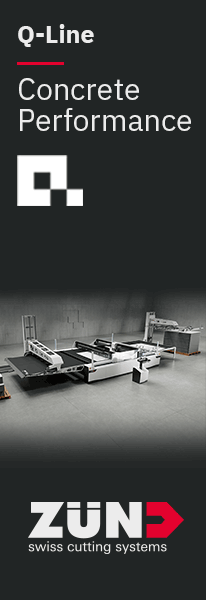On 15 November 2017, China officially notified WTO of its intent to adopt a number of Environmental Protection Control standards for imported solid wastes as raw materials. The following percentages were communicated as the applicable thresholds for impurities: smelt slag 0.5%, wood 0.5%, paper 0.5%, ferrous 0.5%, non-ferrous 1%, waste electric motors 0.5%, wires and cables 0.5%, metal and appliance scrap 0.5%, vessels 0.05%, plastic 0.5% and autos 0.3%.
The Chinese WTO notifications proposed the date of adoption as 31 December 2017 and came into force on 1 March 2018. While in most cases (paper, ferrous, non-ferrous, plastics) the thresholds are not as low as initially feared (0.3%), the proposed percentages are still far from the figures that the industry considers feasible and acceptable. The Bureau of International Recycling (BIR) is nevertheless pleased that the Chinese government has taken into account some of the industry’s concerns thanks to its lobbying efforts, coordinated with BIR’s member associations, including ISRI, EuRIC, CMRA, CSPA and CAMU.
BIR, together with its member associations, will submit official comments on behalf of the industry to WTO before 15 December 2017 (final date for comments to WTO) to ensure that the industry’s concerns are heard and understood. In the meantime, a small, albeit important, step forward has been achieved at WTO level. In the framework of their three-yearly review of technical barriers to trade, 61 specific trade concerns were recently discussed, one of which being the Chinese import rules for solid waste.
Some of the elements that were questioned by WTO members, namely EU, Japan, USA, Australia and Canada, were the broad scope of the measures, whether they applied to domestic operators in the same way as foreign operators, and the six month transition period.
With regards to the latter, WTO has now officially asked China to grant a longer transition period of up to five years, a request that BIR very much welcomes to give the industry more time to adapt to China’s new framework conditions.



